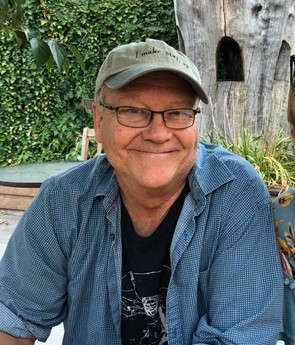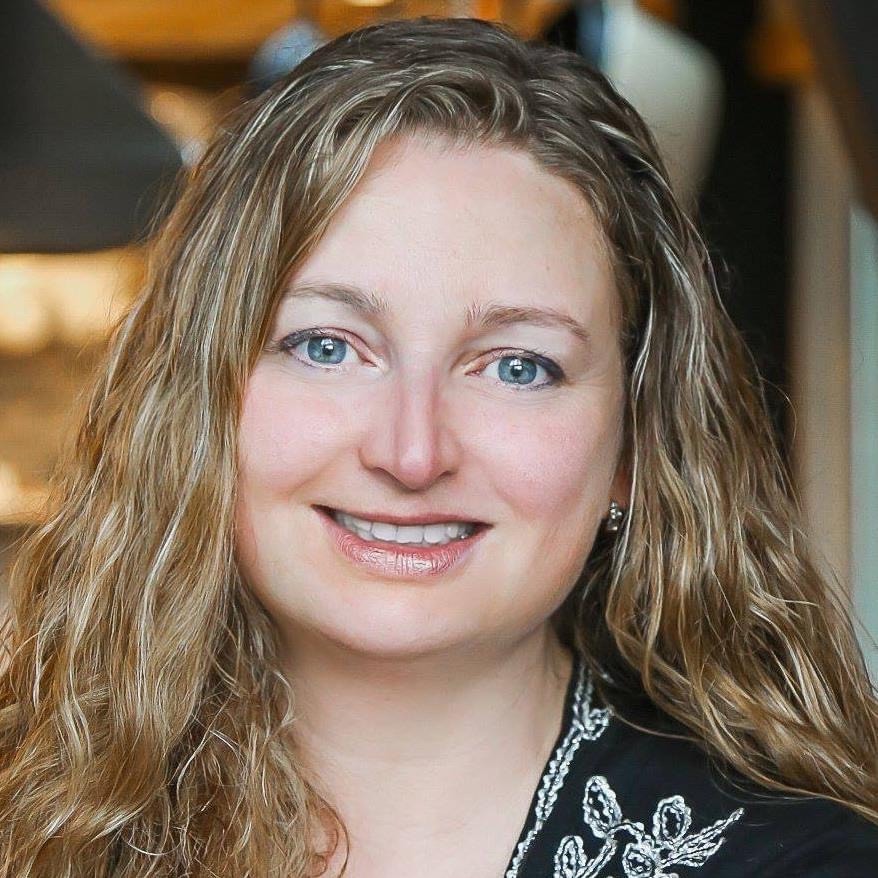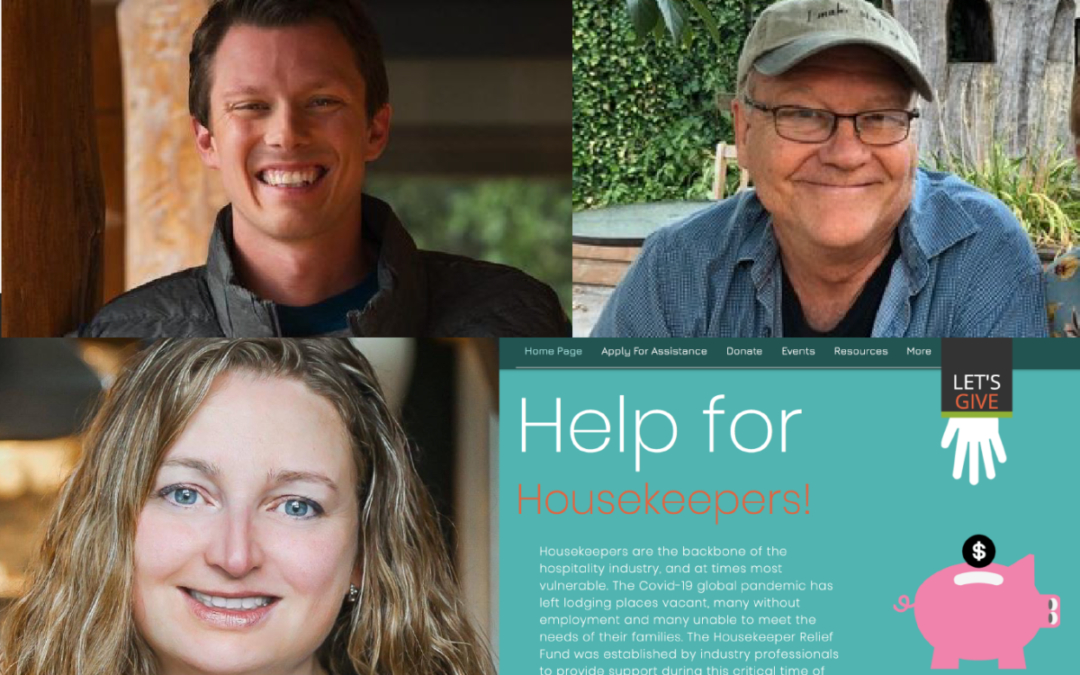Updated on May 7, 2023
When the panic of Covid-19 upended the U.S. tourism industry in March, Cliff Johnson’s first thought went to his short-term rental housekeeper and the thousands like her around the country.
His care and concern stems from his work as the co-founder of Vacasa. In its early days, Cliff was in charge of hiring short-term rental housekeeper contractors in each new market. “I got to be really close to our early housekeepers, they were my go-to people,” he said. He always stuck with the housekeeping teams as he continued directing operations at a higher and higher level.

He has never lost that connection, even now as the Chief Commercial Officer at Rented.com, a revenue management service for vacation rental managers.
The industry trusts them to be the “first line of defense” in disinfecting properties and preparing them for the next guests at all times, not just in a pandemic, he said.
“The housekeepers spend more time in a home than anyone else in a management company,” he said. “But I also knew from working with housekeepers so closely that many of them were living paycheck to paycheck and trying to help other people and their families.” (During his time at Vacasa, Cliff said they put in place a company minimum wage to help prevent this.)
The Solution
So when guests began cancelling reservations en masse, he recognized that this would immediately impact short-term housekeepers and how much it could hurt them to miss a single paycheck.
“They were going to have to make decisions no one should ever have to make… like ‘Do we not buy this food? Do we not pay this bill? Do we not get this medicine we need?’ or whatever it might be,” he said.
So, Cliff and industry friends Amber Knight, Gerard Lester, Jason Schlosser, Ridwan Islam and Jackson Reed decided to put together the Vacation Rental Housekeeper Relief Fund, initially a GoFundMe campaign. The campaign would help make sure housekeepers wouldn’t have to make tough decisions while they waited for government assistance, which could take some time to receive and may be difficult to qualify for depending on how they were employed and how many hours they had worked in recent weeks.
Cliff and the group launched the campaign on March 22, jumpstarting it with $1,000 of his own money. In a few weeks, 76 donors gave more than $7,000, enough to support all 48 applicants with $100 to $250 each.
Recipients have been sending them messages of appreciation, shared anonymously on the GoFundMe page to protect their privacy. “Every tiny bit helps right now. I am so sorry for what everyone is having to bear right now,” wrote one housekeeper from Texas. “I know that we will get through this though and probably come around a lot stronger on the other side. All of us.”
A Taller Mission
Cliff’s vision was bigger than a one-time campaign; He ultimately saw the Housekeeper Relief Fund becoming its own permanent nonprofit. On April 19, he accomplished that goal when the fund officially joined MAPLE Microdevelopment, a nonprofit that provides low-income communities with the financial tools they need to achieve culturally significant goals and values.
Since 2008, MAPLE has worked with resilient communities in Uganda, Chile, and Oregon, collaborating with and learning from their members to create community-managed financial services, internal lending and credit building capacities, and micro-businesses. Cliff has worked with the organization and served on its board since 2010.

The partnership brings both challenges and opportunities to each party. MAPLE usually works closely with communities in person, but this initiative is national and will require much more online delivery, said Ron Severson, MAPLE’s founder and Executive Director.
Falling under MAPLE’s nonprofit umbrella allows donations to the Housekeeper Relief Fund to be tax-deductible and opens up opportunities for corporate match programs, increasing its ability to raise money in perpetuity.
“We’re not an organization that just gives $100 and then goes away,” Ron said. The organization will facilitate the immediate financial relief needed, he added, but its core service will be to develop financial strengthening programs to help housekeepers sustain themselves for future needs.
Leaning on Each Other
What those programs are will be determined by housekeepers themselves with the help of director Chris Brown, one of Cliff’s first housekeeping hires at Vacasa ten years ago. She worked at the company for nine years, adding photography, interior design consulting, sales, management and other responsibilities to her resume – all while continuing to clean vacation homes.
She left the company last year following a spinal fusion and used her skills from the experience to start her own real estate photography business, Chris Brown Photography. When Cliff called her about the Housekeeper Relief Fund, she jumped at the chance to help.
She now meets virtually with the housekeepers who have received financial support from the fund a few times a week to ask them where she can help and what ideas they have for new programs. One such idea already under consideration with MAPLE’s board is a job site for vacation rental housekeepers.

She also works with them to help them access additional resources outside of the fund, such as affordable workforce housing, the Obama Phone program (also known as Lifeline Assistance), free education courses, and CARES Act stimulus packages. For those who don’t want to remain housekeepers, she helps them identify what they want to do and how to achieve it, such as using their relief funds as seed money for a new career path.
Often, beneficiaries may not know about all of the resources available to them, a familiar feeling for Chris. “Before I met my husband, I was a single mom of two kids, and I struggled with getting from the beginning of the month to the end of the month. I didn’t know these resources were out there, and they would have been great,” she said.
“I want to reach as many people as possible to show them that there is help and they can ask,” she said. “I’m here to ask. I want to be their shoulder.”
In essence, that’s what the Housekeeper Relief Fund is now that it has become part of MAPLE, a way for the short-term and vacation rental industry to give back its most essential teammates.
“It doesn’t matter how great the marketing department is, it doesn’t matter how great the website is, it’s how clean is that house when the guest arrives?” she said. “We’re standing on their shoulders – they are supporting us.”
To donate to the Housekeeper Relief Fund or apply for assistance, visit HousekeeperReliefFund.com.
Read our latest stories!
- April 2025 Newsletter
- Dave Krauss: The visionary CEO behind Rent Responsibly
- Poconos HOA court case sets statewide precedent for vacation rental owners
GET UPDATES

